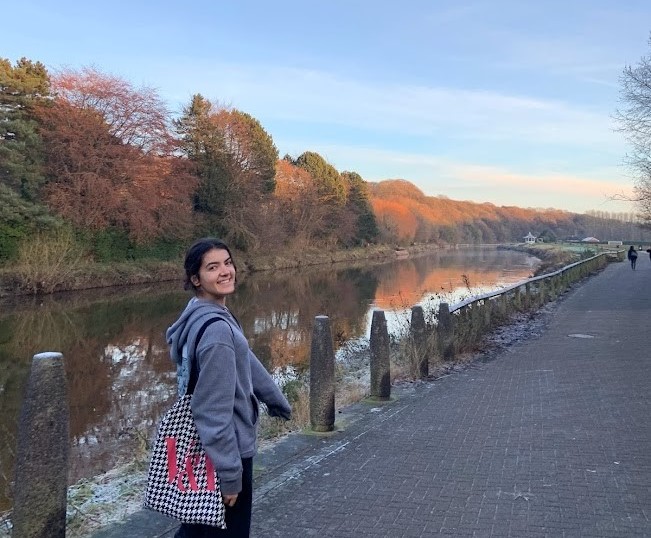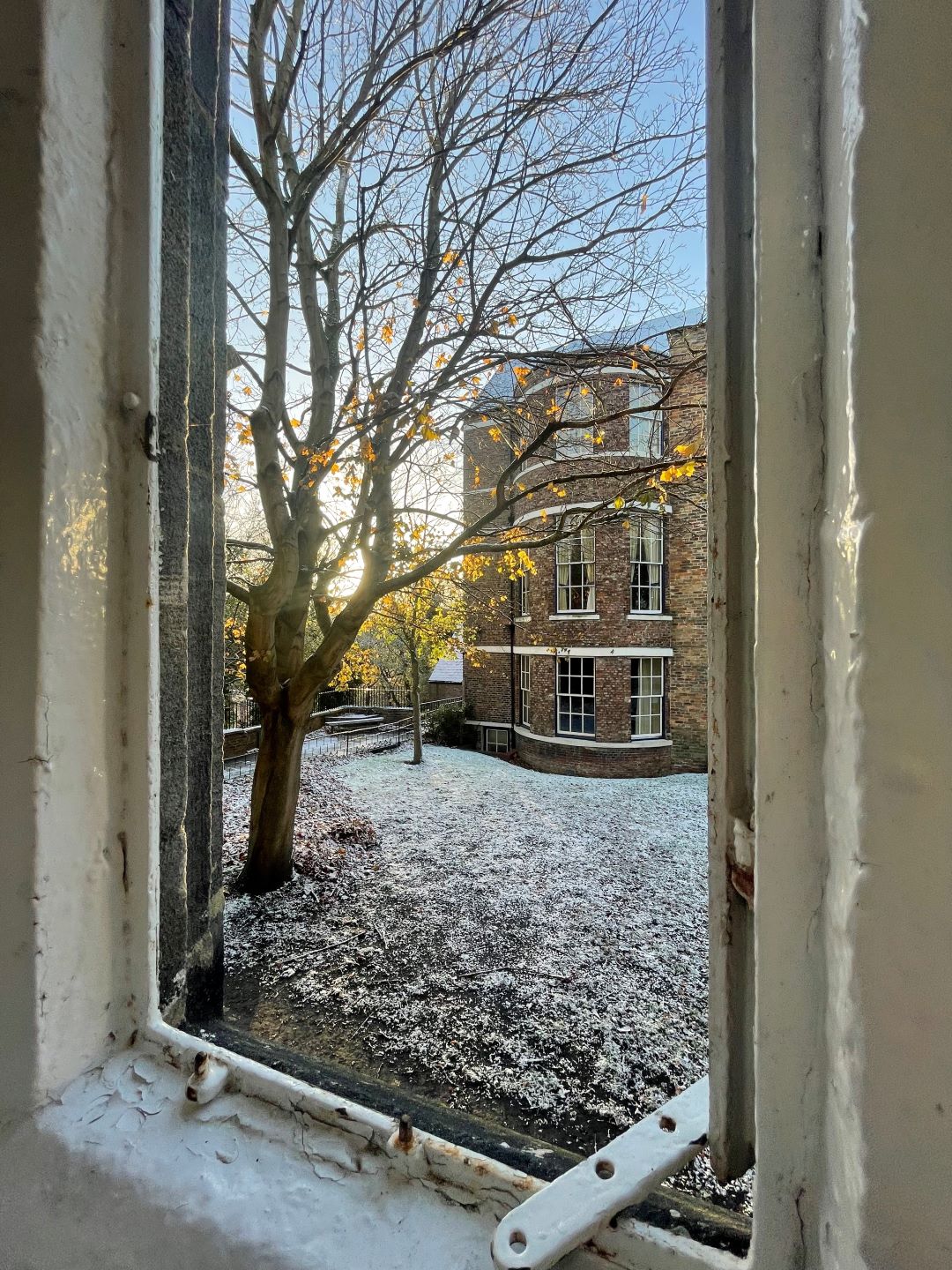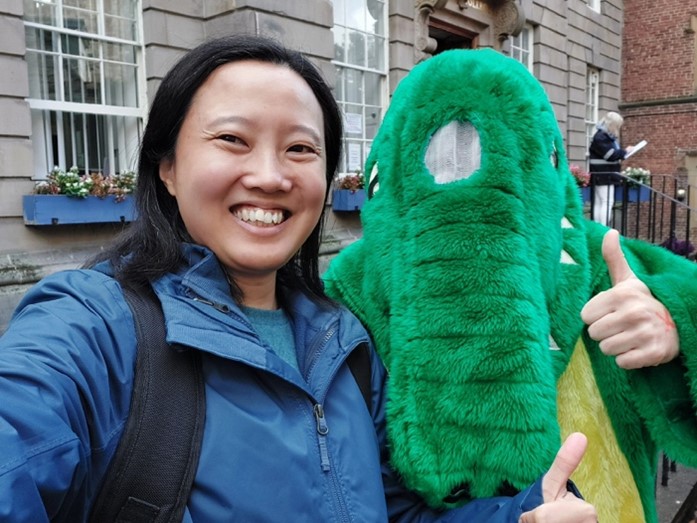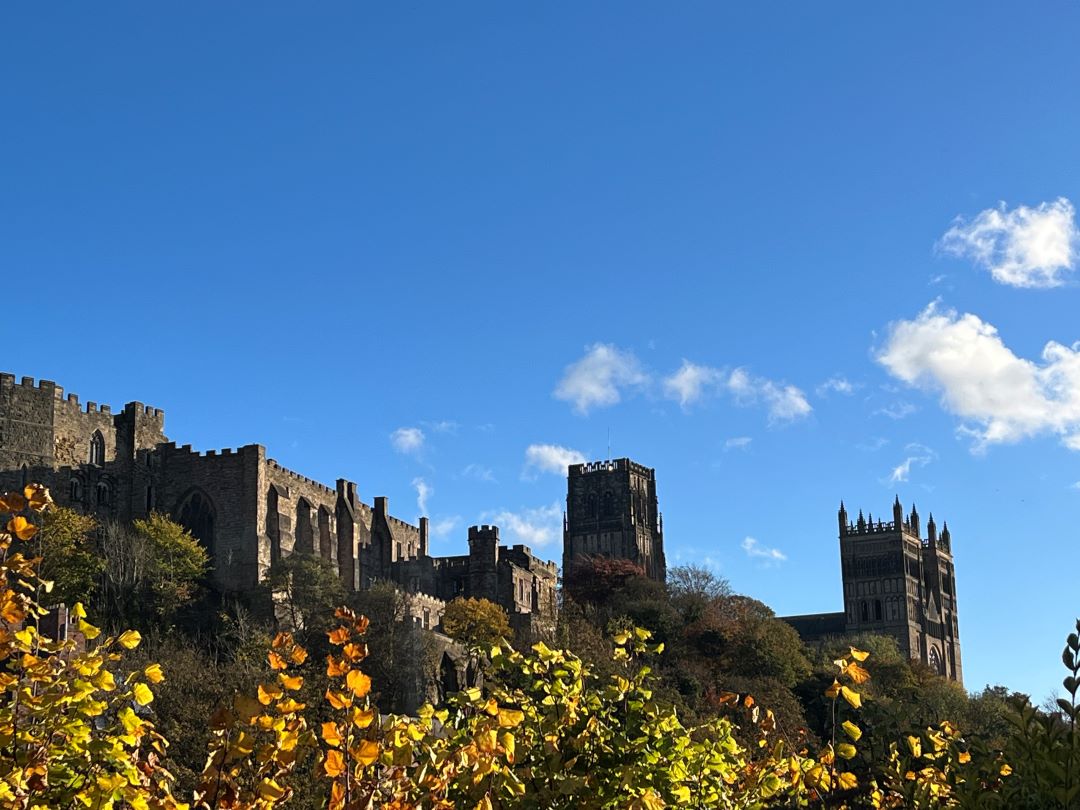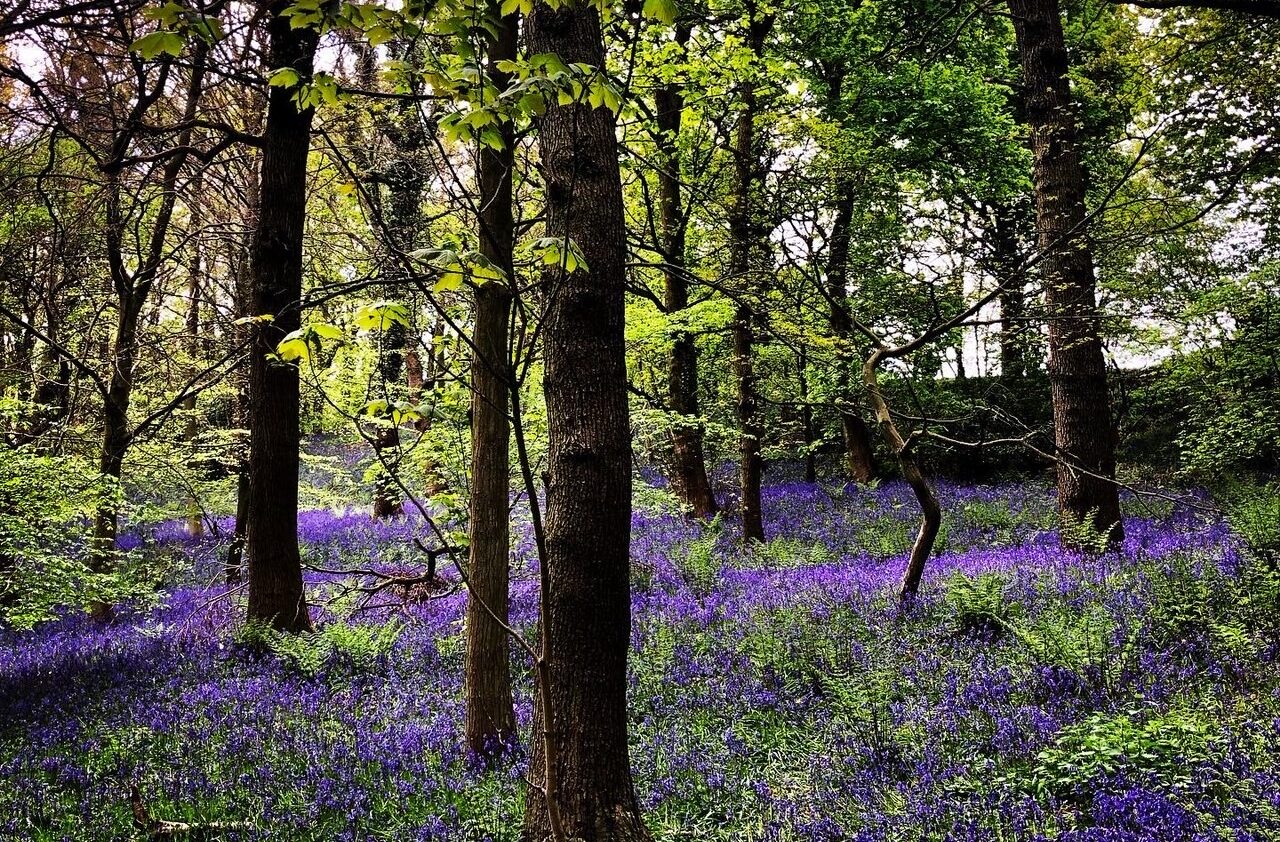My modules
For my master’s degree, I studied English literature, specifically the Romantic and Victorian pathway. I took three modules from September to June before working primarily on my dissertation from June until the end of the course in September.
I chose the modules ‘Romantic Forms of Grief’, ‘Women and the Novel in the Eighteenth Century’, and ‘Literary Masculinity at the Fin-de-Siecle’. I really enjoyed all of these modules and am not sure I could say which one is my favourite, as I enjoyed them all for different reasons.
Literary Masculinity
The module that surprised me the most in terms of how much I loved it was the ‘Literary Masculinity’ module. This was the last module I chose as I knew I definitely wanted to do the ‘Romantic Forms of Grief’ module because the Romantic poets are a favourite of mine, particularly Byron and Shelley, who I am now writing my PhD thesis on. I am very interested in women’s writing so I chose ‘Women and the Novel’ for this reason. So, the ‘Literary Masculinity’ module was to compliment the ‘Women and the Novel’ module as a sort of comparison, and it worked really well as I was able to compare the depictions of men and women at this time, as well as the writing of male and female authors. I loved the ‘Literary Masculinity’ module so much because I enjoyed a lot of the novels on the module, and a lot of them were novels that I wouldn’t necessarily have read if it hadn’t been for this module. My favourite novels were George Gissing’s The Whirlpool and E. M. Forster’s Maurice. I have since read other novels by these authors because I enjoyed them so much, such as The Odd Women and New Grub Street by Gissing, and A Room with a View by Forster, all of which I highly recommend! This module was also interesting in allowing for great debates because of the often-complex narratives that offered many different interpretations, an example of which is Henry James’s The Turn of the Screw.
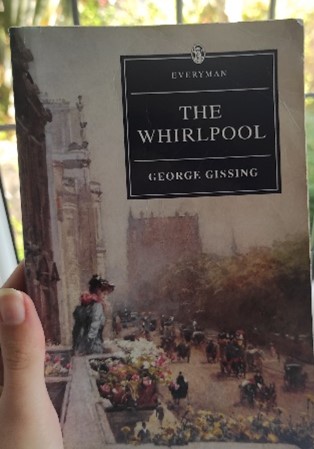
I also thoroughly enjoyed the other modules I chose. The ‘Romantic Forms of Grief’ module focuses on poetry by authors such as William Wordsworth, Charlotte Smith, and John Keats. I personally really enjoy the close reading that poetry allows and how in the seminars, we discussed both the larger meanings of the poems and got into more focused discussions of certain words or lines to draw out the meanings and intricacies of the poetry.
Women and the Novel
Finally, the ‘Women and the Novel in the Eighteenth Century’ was really interesting, again, because I read novels that I would not normally have read as well as some more well-known novels that are favourites of mine. For example, one of the novels on the reading list was Frances Burney’s Cecilia. I had previously read Burney’s Evalina during my undergraduate degree and really enjoyed it, so I was very excited to read another of her novels! On the other hand, there were many authors who I had not encountered previously, such as Samuel Richardson, Frances Sheridan, and Charlotte Lennox, so it was really great to discover some new authors.
Overall, I loved discovering new novels and poems that I had not read before and being able to discuss them with other students and lecturers, which really helps to bring the texts to life.
Discover more
Ranked 4th by the Guardian University Guide 2022 and 36th in the in the 2022 QS World University Rankings by subject, the English Department boasts award-winning poets and a recently named New Generation Thinker amongst our teaching staff.
Our broad subject range is made possible by our large and thriving community of more than 900 students, researchers and academics, with a busy programme of events including lectures, seminars, reading and discussion groups.
Feeling inspired? Visit our English Studies webpages for more information on our undergraduate and postgraduate programmes.
Download our latest prospectus and college guide here.
Follow our students on Instagram, TikTok and YouTube.



